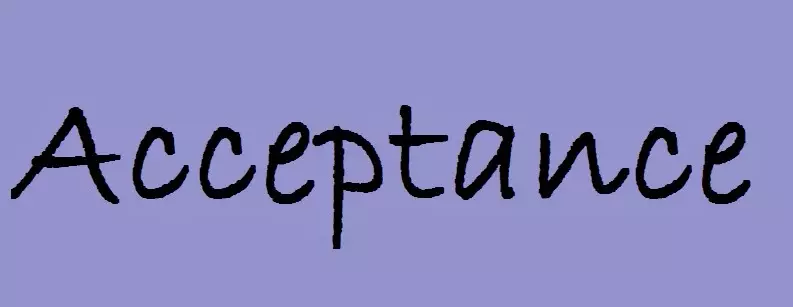Distinguish between Void and Illegal agreement.
Void and Illegal agreement
Void Agreement:
According to Section 2 (g), An agreement not enforceable by law is said to be void” such agreements are void-ab-initio which means that they are unenforceable right from the time they are made.
Illegal Agreement:
An illegal agreement is one the object of which is unlawful. Such an agreement cannot be enforced by law. Thus, illegal agreements are always void-ab-initio (i.e., void from the very beginning). Example : X agrees to pay Y Rs.50,000 if Y kills Z. Y kills Z and claims Rs. 50,000. Y cannot recover from X because the agreement between X and Y is illegal as its object is unlawful.
Distinguish between ‘Void’ and ‘Illegal’ agreements:
Despite the similarity between an illegal and a void agreement that in either case the agreement is void ab-initio and cannot be enforced by law, the two differ from each other in the following respects:
An illegal agreement is narrower in scope than a void agreement. All illegal agreements are void but all void agreements are not necessarily
illegal. The object or consideration of an agreement may not be contrary to law but may still is void. For example, an agreement with a minor is void as again him but not illegal.
An illegal agreement is wider in effect in relation to collateral transaction than a void agreement. When an agreement is illegal, other agreements which are incidental or collate-rial to it are also become void. On the other hand, when an agreement is void (but not illegal), agreements which are collate-rial to it are not invalidated
and remain valid.
Example
- A engages B to murder C and barrows Rs. 20,000 from D to pay B. D knows the purpose of the loan. Hence the agreement between A and B is illegal and the agreement between A and D is collateral to an illegal agreement. As such the loan transaction is illegal and void D cannot recover the money. But the position will change if D is not aware of the purpose of the loan. In that case the loan transaction is not collateral to the illegal agreement and is a valid contract.
- In the above case if A takes loan from D to pay his wagering debts (a wagering agreement is void under Section 30), the contract between A and D would not have been affected, even though D knows the purpose of the loan because an agreement collateral to a void agreement is perfectly valid.





